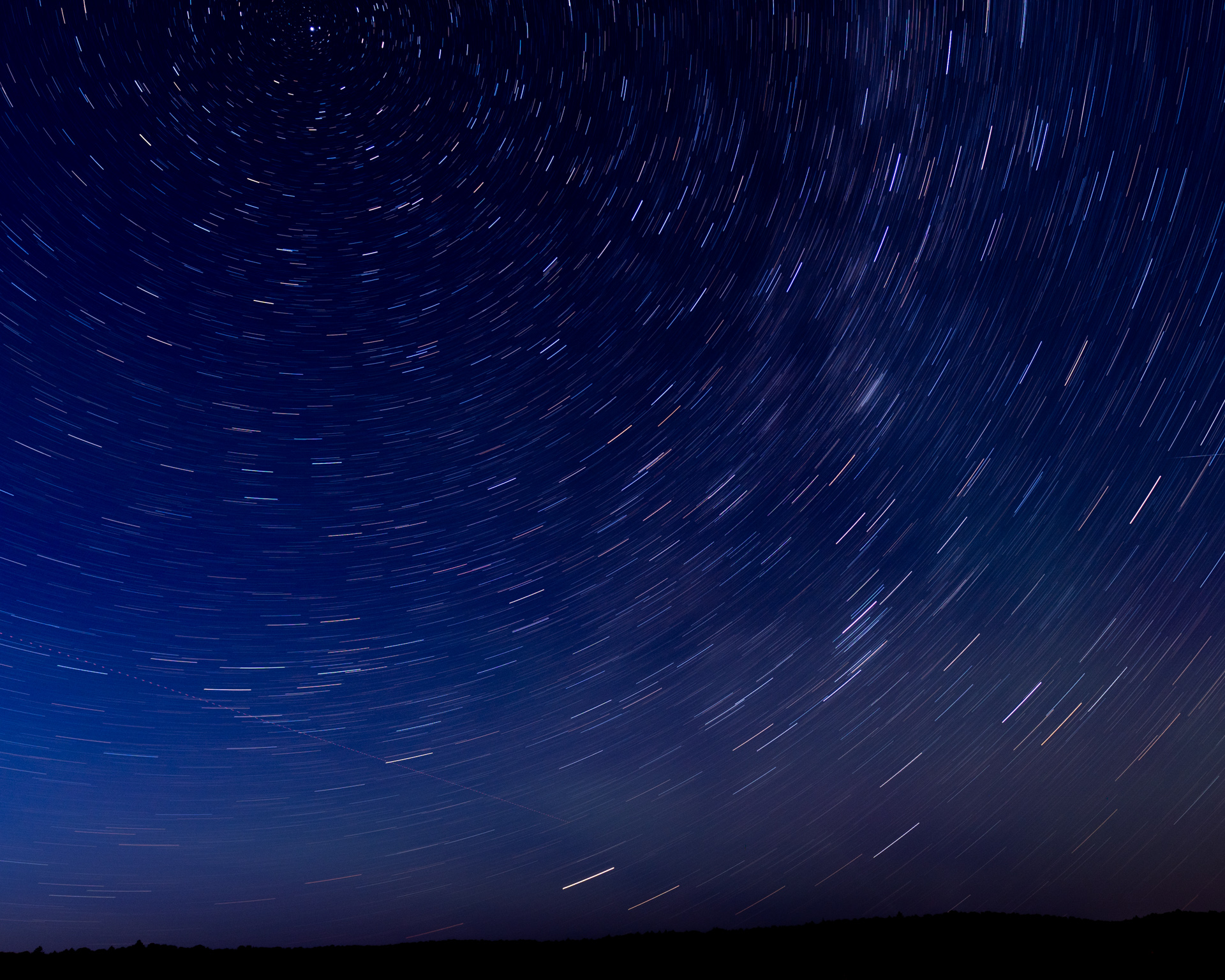this post was submitted on 19 Sep 2023
174 points (98.9% liked)
pics
20349 readers
243 users here now
Rules:
1.. Please mark original photos with [OC] in the title if you're the photographer
2..Pictures containing a politician from any country or planet are prohibited, this is a community voted on rule.
3.. Image must be a photograph, no AI or digital art.
4.. No NSFW/Cosplay/Spam/Trolling images.
5.. Be civil. No racism or bigotry.
Photo of the Week Rule(s):
1.. On Fridays, the most upvoted original, marked [OC], photo posted between Friday and Thursday will be the next week's banner and featured photo.
2.. The weekly photos will be saved for an end of the year run off.
Instance-wide rules always apply. https://mastodon.world/about
founded 2 years ago
MODERATORS
you are viewing a single comment's thread
view the rest of the comments
view the rest of the comments


Very neat! Do you mind describing what settings you used and a bit about the environment where you shot it?
Absolutely! We shot this about 20 minutes north of Haliburton, Ontario (I was there for a bike race).
The camera is a Sony a6700 (it's an APS-C camera so make sure to adjust if you're shooting full-frame), the lens is a Sigma 16mm F1.4 prime lens .
Shot @ ISO 100, f2.8
Turns out it was only a 15 minute exposure (I think my 30 minute exposure was on my film camera, oooops)
I found the north star by using the Photopills app, I also used the app to figure out what exposure to shoot at. It's a great app for calculating exposure, finding the milky way, and planning shoots.
I brought along a tripod, and used the (terrible) Sony app to remotely control the length of the exposure in bulb mode.
Previous to this I took plenty of shorter star photos (15 seconds, ISO 1600, F1.4) which turned out really well. For those shots I just used a 2 second shot timer to prevent camera shake when activating the shutter.
(I